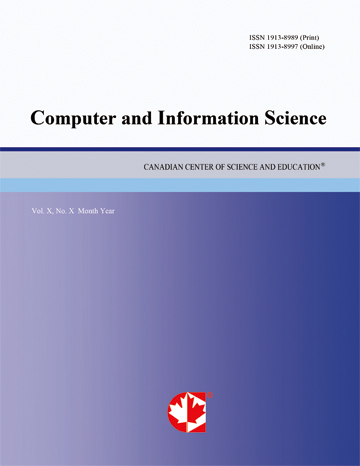Using a Modified Technology Acceptance Model for a Learning Management System Platform: A Questionnaire Design for Evaluating the Blackboard Learning Management System
- Hussain Mohammad Abu-Dalbouh
Abstract
Educational approaches have advanced and changed tremendously in recent years. The evolution of communication technologies has been important, particularly since many educational activities have been moved to an e-learning format. This has introduced innovative teaching methods and educational management techniques. Learning management systems (LMS) such as Web-based course development tools (WebCT), Blackboard, and learning spaces are currently widely accessible. Most higher education institutions use Blackboard as their primary LMS platform, making it one of the most frequently used LMS platforms. Blackboard technology is a widely used online program for educational institutions that makes it easier to distribute crucial items from teachers to students, such as papers, student reports, projects, and other publications. Consequently, the main objective of this paper is to design a technology acceptance model to investigate user acceptance of a Blackboard learning management system. In addition, we aim to create a quantitative strategy using a technology acceptance model (TAM) questionnaire as the major investigation tool. The Blackboard learning management system is evaluated using a quantitative approach based on the TAM. We use perceived usefulness, perceived ease of use, user satisfaction and attributes of usability as the associated constructs for evaluation. All of these structures were altered to fit the study's needs. Furthermore, in this paper, we examin the specifics of each concept, and how they relate to the research problem. The study's findings indicate a set of methodologies that can be used to evaluate the benefits of using the Blackboard system for online learning.
- Full Text:
 PDF
PDF
- DOI:10.5539/cis.v15n3p61
Journal Metrics
WJCI (2022): 0.636
Impact Factor 2022 (by WJCI): 0.419
h-index (January 2024): 43
i10-index (January 2024): 193
h5-index (January 2024): N/A
h5-median(January 2024): N/A
( The data was calculated based on Google Scholar Citations. Click Here to Learn More. )
Index
- BASE (Bielefeld Academic Search Engine)
- CNKI Scholar
- CrossRef
- DBLP (2008-2019)
- EuroPub Database
- Excellence in Research for Australia (ERA)
- Genamics JournalSeek
- GETIT@YALE (Yale University Library)
- Google Scholar
- Harvard Library
- Infotrieve
- Mendeley
- Open policy finder
- ResearchGate
- Scilit
- The Keepers Registry
- UCR Library
- WJCI Report
- WorldCat
Contact
- Chris LeeEditorial Assistant
- cis@ccsenet.org
